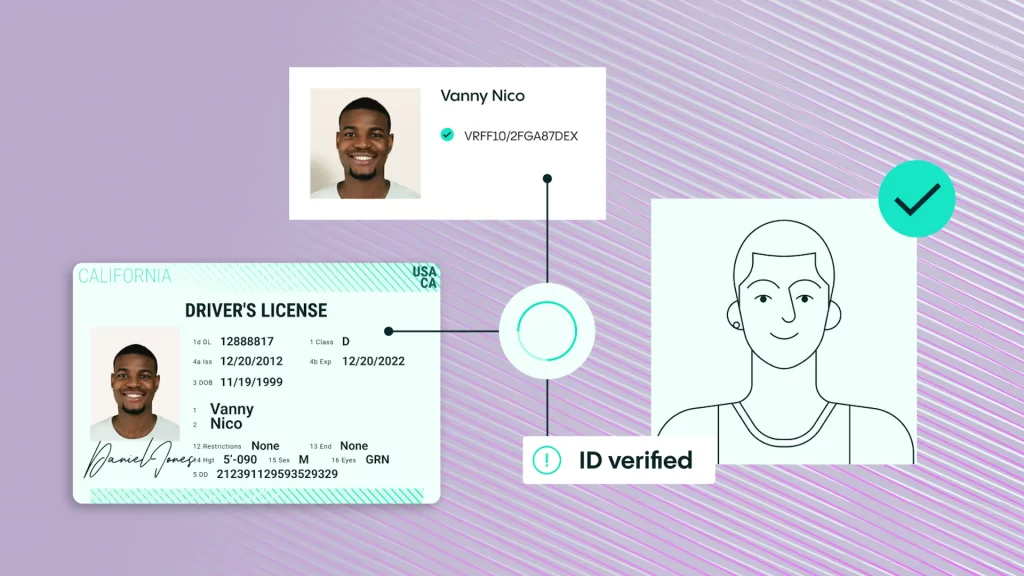A 58-year-old widow from Somerset, referred to as Mary for confidentiality, became an unfortunate victim of an evil romance scam after seeking solace and companionship following the death of her husband in 2021. She encountered a man calling himself David, whom she met online, who swept her off her feet but subsequently turned her life into a living nightmare.
David convincingly portrayed himself as a member of the American Special Services working in Syria, communicating with Mary daily via WhatsApp. Due to his purported location, their exchanges were limited to messages. This online relationship began as a search for companionship but eventually blossomed into what Mary perceived as true love.
The Illusion of Love: How Romance Scams Operate
As their connection deepened, David confided in Mary that his bank account was frozen and he needed financial assistance to travel to the UK to meet her. Believing that she was paying into an account set up by the military, Mary exhausted all the money left to her by her late husband.
When it comes to romance scams, the approach used by David represents a common tactic. Fraudsters create an illusion of genuine affection and love, capitalising on their victims’ emotional vulnerability. Once they secure the victim’s trust, they weave in stories of financial hardships or unexpected emergencies to solicit financial assistance. These narratives often involve inaccessible funds for various reasons, such as a frozen bank account, in David’s case.
The fraudster then directs the victim to transfer funds to specific accounts, sometimes masquerading these accounts as legitimate entities, as seen with the supposed military account in Mary’s experience. Consequently, victims like Mary, driven by a desire to help their online partner, end up depleting their savings, only to discover later that they have been exploited. This tactic is powerful and effective due to its seamless blending of emotional manipulation with deceptive narratives, leading even the most vigilant individuals to fall prey to such scams.
The Heavy Toll: Impact of the Fraud on Mary’s Life
The severity of Mary’s situation underscores a key aspect of romance scams – the potent manipulation abilities of fraudsters. Masters in the art of emotional exploitation, they skillfully construct an environment where the victim feels understood, loved, and protected. This atmosphere of intimacy and trust often blinds victims, such as Mary, to the harsh reality of the situation, causing them to disregard the concerns and warnings raised by their loved ones.
One of the major red flags of a romance scam is when the victim begins to isolate themselves from friends and family who express scepticism towards the online relationship. Fraudsters cleverly sow seeds of doubt about these outside influences, convincing their victims that only they truly understand and care for them. This cruel strategy traps the victim in a cycle of denial and attachment, fueling the fraudster’s sinister agenda and allowing them to continually drain their victim’s resources without interference.
The Threats and Betrayal: Mary’s Awakening
David’s true nature emerged when he started sending threats after extracting over £120,000 from her. Only when her funds finished, and she had nothing more to give she was discarded and blocked by the fraudster. This was a difficult period of sadness, rejection and relief for Mary.
Falling victim to a romance scam wreaks financial havoc and can also have a profound emotional impact on the victims. The betrayal of trust leaves a deep psychological wound, further exacerbated when the victims are threatened. Such experiences can significantly deteriorate mental health, leading to feelings of fear, sadness, and isolation.
Once the fraudster’s objectives are achieved, the pain of rejection is another emotional blow that victims must endure. Not only have they lost significant amounts of money, but the person they thought loved and cared for them vanishes, leaving them in an abyss of abandonment and despair. This can also compound feelings of self-blame and regret for not recognising the scam earlier.
The Role of Financial Institutions in Fraud Prevention
After this ordeal, Mary sought the help of CEL Solicitors. Paul Hampson, the firm’s managing director, condemned romance scams for their emotional toll on victims. In this case, Mary was fortunate to recover her lost funds through her bank and even receive compensation.
Hampson criticised the current system that allows fraudsters to exploit banks, cryptocurrency exchanges, and websites. The new Consumer Duty by the Financial Conduct Authority, effective from July, mandates financial organisations to establish preventive measures against consumers becoming fraud victims. Hampson hopes that this will lead to more stringent measures against fraud.
Cautioning Others: Preventing Future Victims
Mary’s story serves as a sobering reminder of the need for vigilance in online relationships. Hampson urges everyone to exercise caution before transferring money to someone they haven’t met in person. He also calls for dating websites and social media platforms to increase efforts in protecting users from fake accounts.
This heartbreaking episode reveals the destructive force that a romance scam can have on its victim. It doesn’t just leave victims financially strained. It also extracts a high emotional cost, causing feelings of betrayal, distress, and lasting damage. It’s a reminder to be vigilant and wary of the perils that lurk in the world of online dating.



